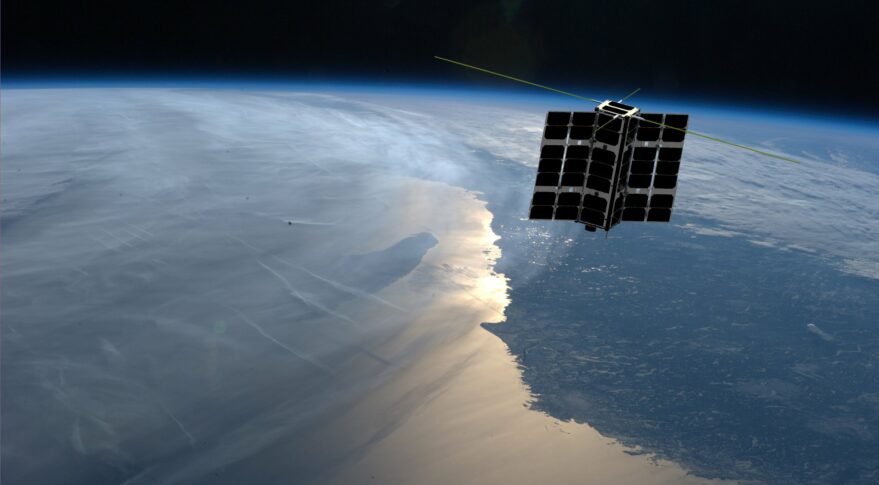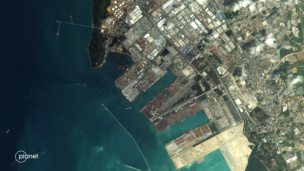Commercial radio frequency (RF) sensing companies are opening their doors to the NRO in hopes of winning future data procurement contracts.
Driving the news: The National Reconnaissance Office awarded six study contracts to Aurora Insight, HawkEye 360, Kleos Space, PredaSAR, Spire Global ($SPIR), and Umbra Lab.
Bringing in industry
These contracts are part of an NRO initiative announced in October to buy more data from commercial remote sensing providers. This data is particularly valuable to the NRO because of its “unclassified, shareable nature,” per the press release, allowing the agency to rapidly acquire data and redistribute it with US allies.
With the war in Ukraine, the need for unclassified satellite imagery has become even more evident. “Since the early days of [the] Ukraine crisis, NRO’s commercial data providers have been collecting electro-optical and radar imagery as well as commercial RF data over the region,” Pete Muend, director of NRO’s Commercial Systems Program Office, said in a statement.
The NRO awarded the first contracts through this new initiative, the Strategic Commercial Enhancements Broad Agency Announcement (BAA) Framework, in January 2022 to five commercial synthetic aperture radar (SAR) providers: Airbus, Capella Space, Iceye, PredaSAR and Umbra.
Now, the NRO has set its sights on RF.
Commercial RF
We use space-based RF data to track objects down on Earth that emit any sort of radio signal, from marine vessels to smartphones. Each of the companies receiving contracts operate satellites that can trace these signals from orbit.
- HawkEye 360 received an NRO contract in 2019 to explore how it could integrate RF data into the NRO’s architecture.
- PredaSAR and Umbra received nods through both the SAR and RF contract awards, as their constellations have dual collection capabilities.
- Aurora Insights takes a unique approach to collecting RF data, drawing from sensors on cubesats, buildings, and vehicles.
The contracts: Under the BAA contracts, each of these six chosen ones will grant the NRO access to its systems and business plans. The US intelligence agency will use that information to assess what data fits its needs and mature that technology for future data procurement contracts.




